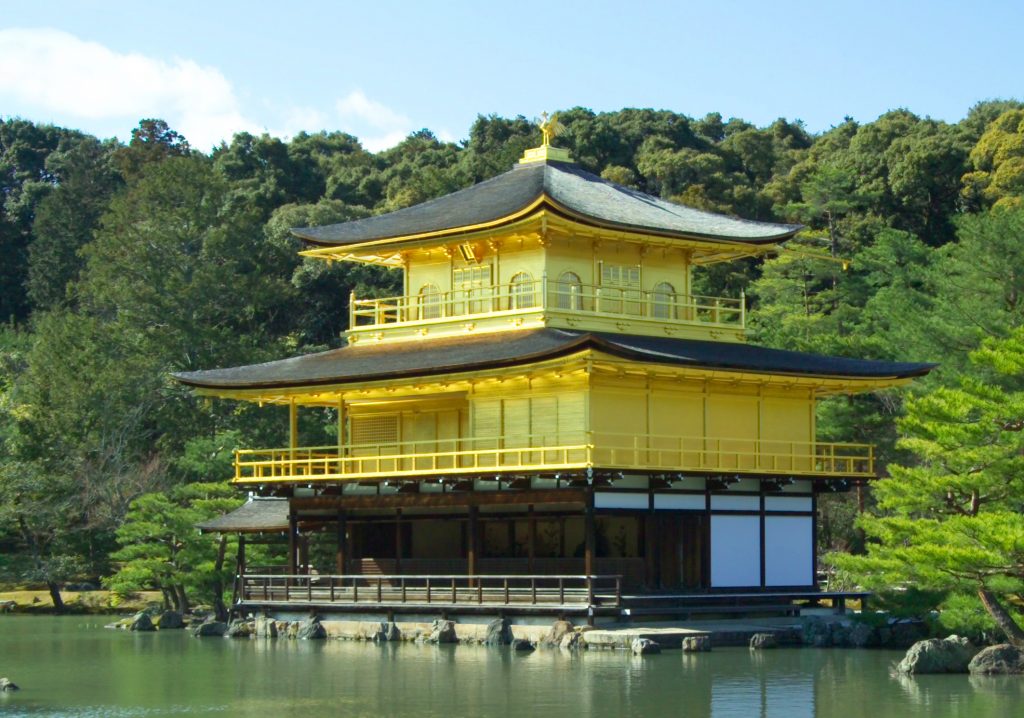Japan has so many empty houses that it has started giving them away for free.
What it means: There’s eight million empty houses in Japan. And that number is going up, up, up - to 20 million, or a third of the total number of houses in Japan, by 2033. Why? Well, it’s all about demographics. As a group, the Japanese are living a long time and not having many children. That means their average age is getting older and older. It’s now the highest in the world, at 41. (In several African countries, the average age is 15). Older people need less houses than younger people because they’re more likely to live together in a retirement home or, um, die.
A cultural quirk is also responsible for all the unwanted houses: Japanese people don’t like living in second-hand homes. 90 percent of Japanese house purchases are for new-build homes (in Europe, it’s just 10 percent). Some of that is down to tradition, some to superstition (there’s a thing called wake-ari bukken that says buildings are sort-of cursed by any bad thing that happened there), and some down to geography (Japan has lots of earthquakes, so Japanese people always want new houses fitted with the latest earthquake-resistant materials).
The Japanese government is now trying to incentivise people to move into and renovate the empty homes by either selling them super cheaply or occasionally giving them away for nothing at all (bar some taxes). It sounds like a great deal. But British millennials despairing of ever getting on the property ladder back home should hold off packing their suitcase: Japan also has an incredibly restrictive immigration policy.
Read our explainer on house prices.

